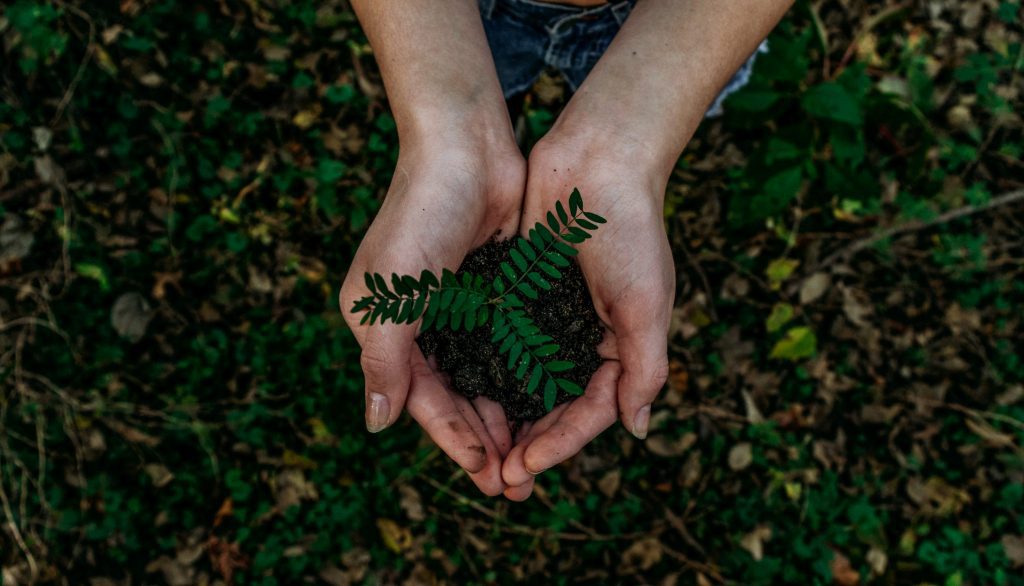By Marie Haaland // SWNS
NEWS COPY w/ VIDEO + INFOGRAPHIC
Two-thirds of Americans have had an “eco wake-up call” since the start of the COVID-19 pandemic, according to new research.
A survey of 2,000 Americans revealed 64% have had a moment since the pandemic started wherein they realized they needed to be more eco-friendly.
And this might be a result of paying closer attention — 70% said being home more due to COVID-19 made them more aware of their eco-unfriendly behaviors.
These eco wake-up calls included becoming more aware of wasting food (44%), using paper products more sparingly (43%) and being more careful about where they buy meat (38%).
But while these behaviors might have been influenced by the pandemic, they aren’t going away when COVID-19 does.
Commissioned by Avocado Green Mattress and conducted by OnePoll, the survey found 81% of respondents plan to keep their newfound eco-friendly habits.
The top way they’re doing this is by continuing to recycle more often (55%), followed by continuing to reduce the amount of paper products they use (44%).
And 42% of those surveyed plan to work from home one day per week, instead of commuting, in order to reduce their carbon footprint.
More than that, respondents also plan to continue composting more often (37%) and take public transportation more frequently (35%).
Those aren’t the only habits respondents are picking up right now: A third (32%) plan to continue wearing a face mask even after receiving the “all-clear” from the CDC.
“We’re living in unprecedented, devastating times,” said Mark Abrials, Co-founder and Chief Marketing Officer of Avocado Green Mattress. “Now, more than ever, we’ve been presented with an opportunity to reflect on and reassess our current way of living as a society, and help make strides towards adopting more thoughtful, sustainable habits.”
COVID-19 hasn’t just changed our habits, but the survey found it’s also affected the way we think about the world.
Results revealed 79% of respondents have been thinking more about the connectedness of people and the planet as a result of COVID-19.
WHO believes it likely that COVID-19 spread from animals to people — and as a result, two-thirds of respondents (66%) said the pandemic has made them think more about the ethical treatment of livestock animals.
Seventy-one percent are now more conscious of buying ethically-sourced meat and 58% have cut back on the amount of meat they consume.
“Through this crisis, it has become undeniably apparent how connected our own health is to the health of our planet,” said Abrials. “We truly are all in this together, on a global scale, and even the smallest actions add up to create meaningful change.”
ECO-FRIENDLY CHANGES RESPONDENTS HAVE MADE SINCE COVID-19 STARTED
Reduced the amount of food they’re wasting 44%
Used paper products more sparingly 43%
Been more careful of where they buy meat 38%
Shopped more sustainably 36%
Recycled more often 36%
Reduced my water usage 35%
Video chatting instead of traveling to see friends and family 29%
Reduced my commute 28%
Used time to read books instead of solely streaming shows 25%
Started using a community garden (or their own garden) 19%
